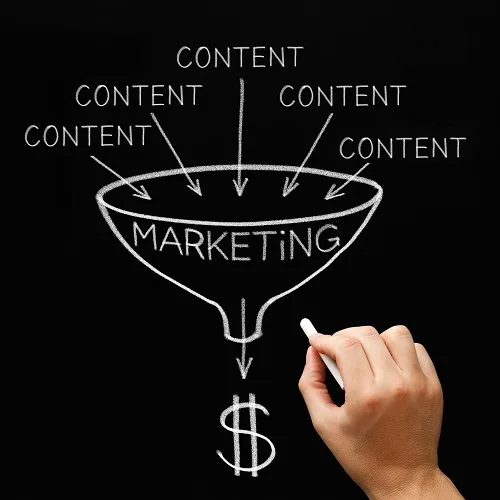What is a Sales Funnel and Why is It Needed?

A sales funnel is a strategic model representing the customer journey from initial awareness of a product or service to the ultimate action of purchase. It is visualized as a funnel because at each stage, the number of prospects diminishes as they decide whether to engage further with what you’re offering. The necessity of a sales funnel lies in its ability to guide marketing and sales strategies, allowing businesses to identify which strategies attract customers, engage them effectively, and finally, convert them into paying customers. By understanding and analyzing the sales funnel, businesses can allocate resources more efficiently, enhance customer relationships, and boost conversion rates.
The Importance of the Sales Funnel
The importance of the sales funnel cannot be overstated. It offers a clear framework for analyzing customer interactions and behavior at each stage of the buying process. This understanding is crucial for developing targeted marketing strategies that nurture potential customers along the funnel towards making a purchase. Moreover, the sales funnel helps in segmenting the audience based on their stage in the funnel, enabling more personalized and effective communication.
Let’s Look at an Example
A successful example of a sales funnel can be seen in the online casino niche. Online casinos effectively use sales funnels by attracting visitors with free offers or games. Initially, they capture the attention of potential customers through targeted advertising on various platforms, leading them to the website. Once there, users are often offered a free trial or sign-up bonus, which serves to attract potential cresus casino customers. Following this, the funnel nurtures leads with enticing offers, loyalty programs, and personalized communications, gradually guiding them to become regular players. The key to success in this niche is the careful calibration of each stage to ensure a smooth transition from awareness to loyalty.

How to Make a Sales Funnel Work
To make a sales funnel work, businesses must understand their audience deeply and create content and interactions that cater to the customer’s needs at each stage of the funnel. It involves attracting the right audience with compelling content, capturing leads with enticing offers, nurturing them with relevant and personalized information, and finally, converting them with a strong value proposition and call-to-action. Monitoring and analysis are critical throughout this process to identify bottlenecks and opportunities for optimization.
How to Create an Effective Sales Funnel
Creating an effective sales funnel starts with clear objectives and an understanding of your target audience. Define the stages of your funnel based on the customer journey, and develop targeted strategies for each phase. Use a combination of content marketing, email marketing, SEO, and social media to attract and engage your audience. Lead magnets, such as free trials, ebooks, or webinars, can be effective in capturing leads. Continuously nurture your leads with valuable content and personalized communication to guide them towards making a purchase.
How to Optimize Your Sales Funnel for Better Conversion
Optimizing your sales funnel for better conversion requires ongoing analysis and refinement. Cresus casino specialists recommend using analytics to track performance at each stage of the funnel and determine where potential customers are leaving. A/B testing can be an effective method to try different strategies and see what works best. Additionally, improving the user experience on your website, making the purchasing process as simple as possible, and ensuring your sales and marketing messages are aligned can significantly increase conversion rates.
